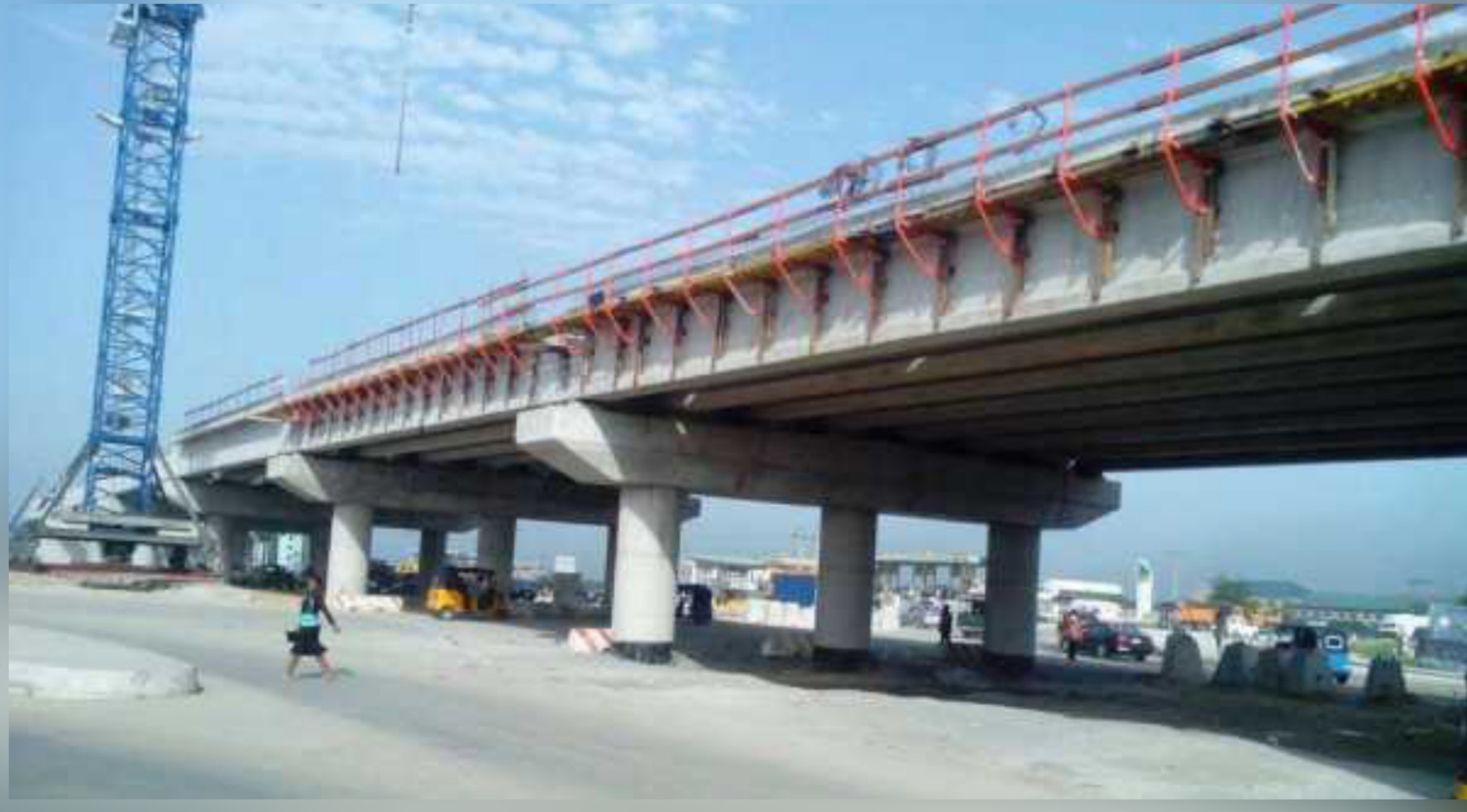Government
Second Niger Bridge to Open For Use During Christmas
The Ag Controller of Works in Anambra, Mr Seyi Martins has disclosed that the Second Niger Bridge will be ready for use by next Christmas.

Government
Netanyahu Stands Firm as US Halts Bomb Shipment Over Rafah Invasion Warning
Government
EFCC Declares Former Kogi Governor, Yahaya Bello, Wanted Over N80.2 Billion Money Laundering Allegations
Government
Concerns Mount Over Security as National Identity Card Issuance Shifts to Banks
-

 Naira4 weeks ago
Naira4 weeks agoDollar to Naira Black Market Today, April 24th, 2024
-

 Naira4 weeks ago
Naira4 weeks agoDollar to Naira Black Market Today, April 22nd, 2024
-

 Travel3 weeks ago
Travel3 weeks agoSaudi Arabia Breaks 70-Year Alcohol Ban, Opening Shop for Diplomats
-

 Naira3 weeks ago
Naira3 weeks agoDollar to Naira Black Market Today, April 25th, 2024
-

 Jobs4 weeks ago
Jobs4 weeks agoJob Cuts Hit Tesla: More Than 6,000 Positions Axed Across Texas and California
-

 Naira3 weeks ago
Naira3 weeks agoDollar to Naira Black Market Today, April 30th, 2024
-

 Investment4 weeks ago
Investment4 weeks agoMinister Accuses Past NCDMB Leadership of Squandering $500m on Unproductive Projects
-

 Travel4 weeks ago
Travel4 weeks agoDelta Air Lines Flight Diverts to Togo After Passenger Dies Midair




























